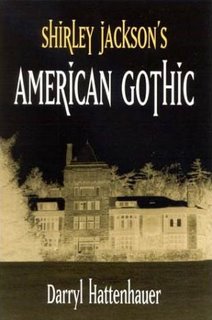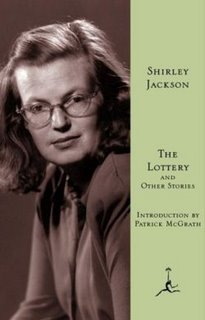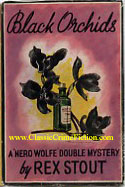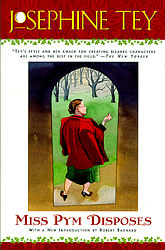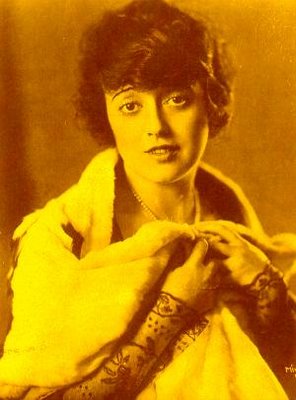“Spinster Aunt”
I’ve been reading a lot of mystery novels lately. This is thanks to my friend Miss Renee Crawford, who started a landslide when she unsuspectingly mailed me Barbara Vine’s “No Night Is Too Long” way back in July. I’ve been obsessively reading mystery novels ever since, and at the rate of one every two weeks, have spent a lot of time and even a little money doing it. One of these books featured some particularly spry and plucky old ladies, and one featured the most dignified middle-aged spinster I’ve encountered in literature (Ruth Rendell’s “Thirteen Steps Down” and Josephine Tey’s “The Franchise Affair,” respectively). Reading them confirmed my love for old ladies, and made me realize I have certain traits in common with them (spinsterism, crankiness, the love of a good cup of tea). One night, as my roommate/boyfriend came home, he made one of his rare insightful observations – “You’re reading in bed like an old lady” – and that merely confirmed it.
That started me thinking about other old-ladyish tastes and tendencies that I embrace, and before I knew it I had a great blog idea (because old ladies love the internet). It would be a weblog devoted to all things old-ladyish, from mystery novels to classic and silent movies, to rants about things that annoy me, such as poor grammar, to tributes to old men who I think are adorable and/or dashing (such as Charles Coburn and Christopher Plummer). I could link to other websites that please me and even point out other inner-old-ladies that I deem worthy of mention.
The perfect name hit when I was attempting to describe my old-lady attitude: not grandmotherly or loving in any way, but decidedly spinsterish. I threw out the phrase “spinster aunt,” and there it was.
The beauty of the spinster aunt, or “maiden aunt” as she was once called (but who are we kidding with that “maiden” stuff?) is that she perfectly expresses my decidedly modern feminist attitude – favoring bluestocking activities like reading and writing over domesticity and baby-making – while simultaneously embracing the retro sensibility that is so much fun to play with. Not just any old lady, she’s an old lady who’s made smart life choices!
Here’s a list of what I think the site can feature:
- Reviews of books, movies, television shows, music, etc. Genre fiction, old British crime shows, Noir, thriller, and mystery films encouraged.
- Reviews of specialty shops, e.g. bookstores
- Old Crank complaints column
- A Tribute to Old Men We Like
- Roundups (author favorites, recent books, favorite recipes, etc. Any kind of list-making, in other words)
- Recipes
- Links to other sites, recommendations
- Political Issues of Interest (e.g. birth control, don't act like they're not trying to turn back the clock on that one)
- Seasonal Specials (e.g., a Halloween special featuring a list of our favorite movies with which to frighten children)
So that’s my terribly brilliant idea. I hope that it will be accepted for the diamond it is. It is the Internet Age – let us thrust our poorly-informed opinions on the world!
Love,
Your Spinster Aunt





